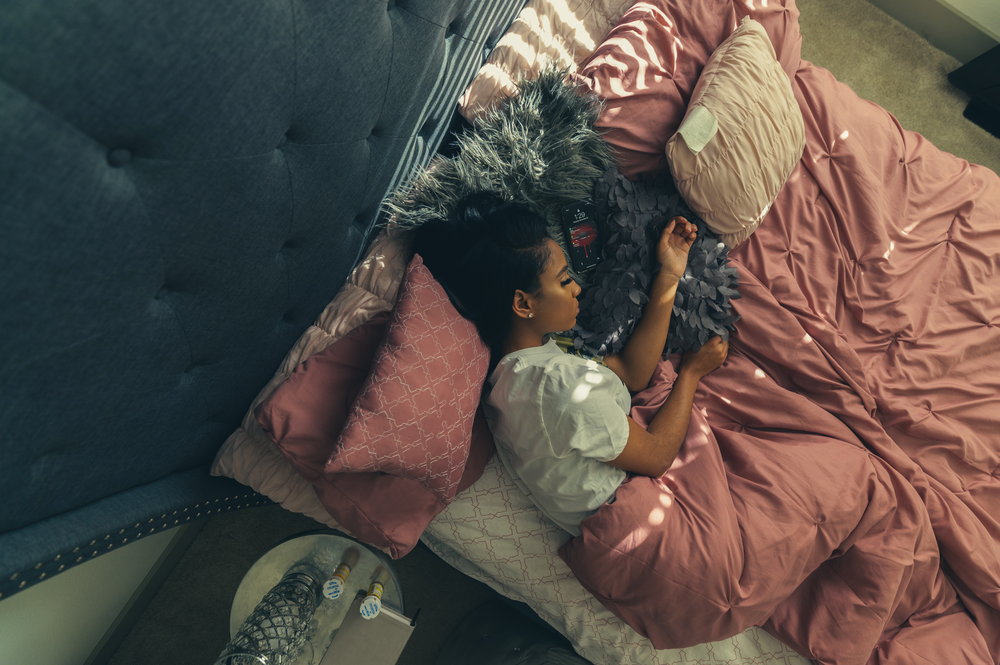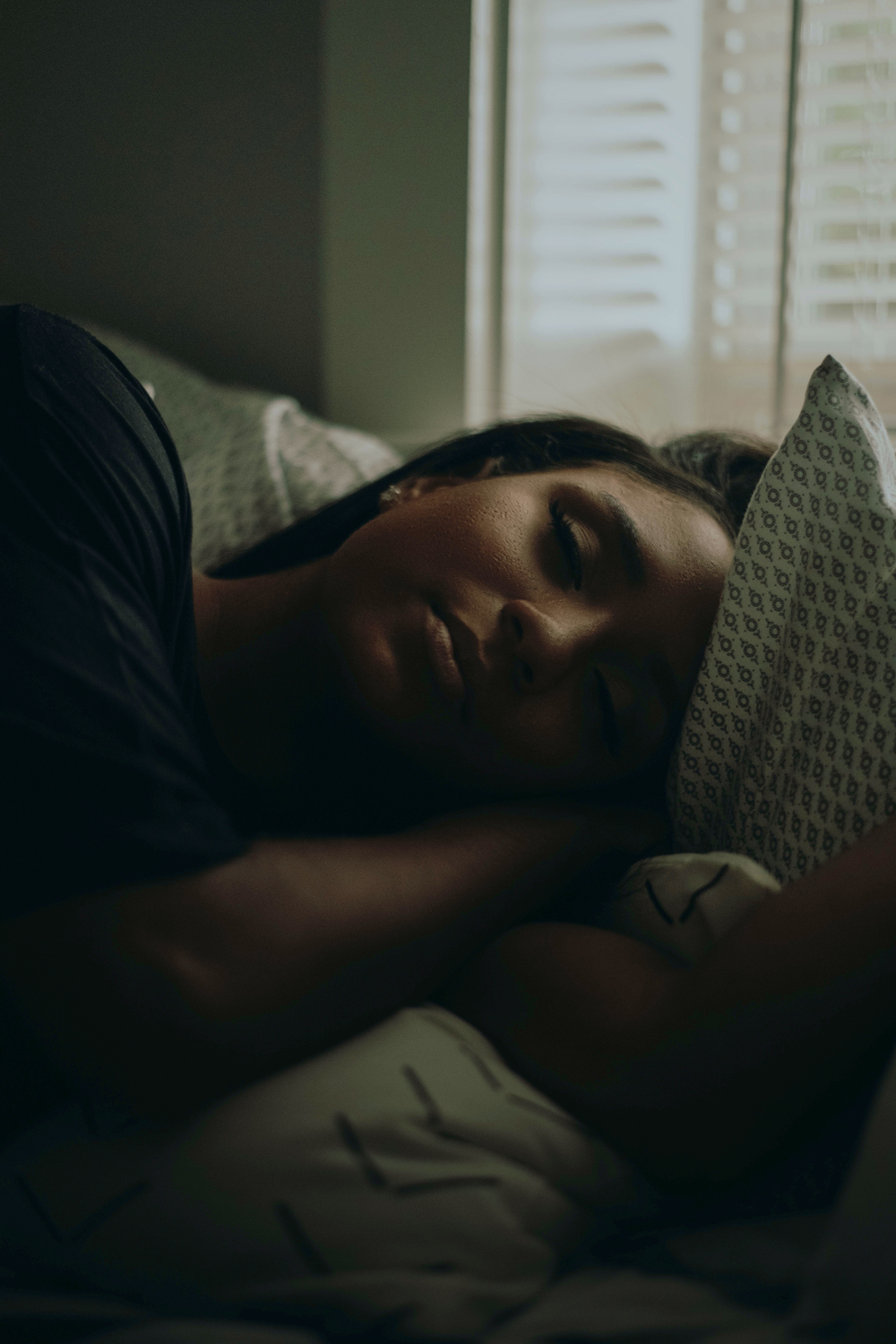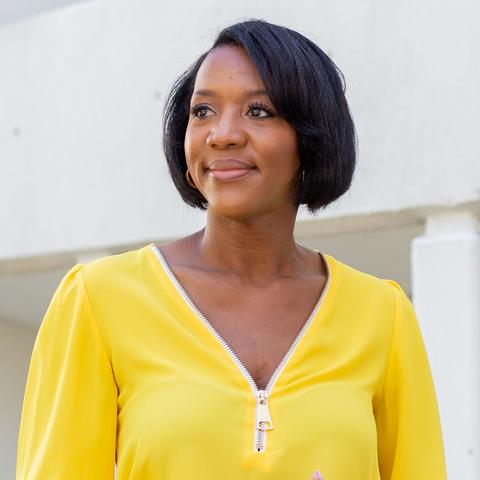
Caption
More than one in three people sleep less than seven hours a night. That's the minimum that's recommended by the American Academy of Sleep Medicine. Tricia Hersey with The Nap Ministry says, rest is not only necessary, it can be revolutionary.
Credit: Ashley Byrd/ Unsplash



